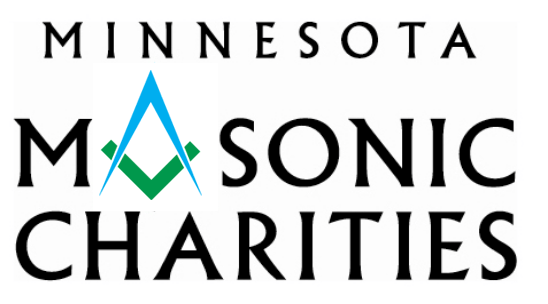A father asks…
“Susie, my toddler, isn’t speaking well, but I think she hears me just fine. When I call her name, she always turns her head to find me. Why does she need to have a hearing evaluation with the pediatric audiologist?”
Dr. Linda writes…
I don’t doubt your child is hearing. But what is the quality of what Susie is hearing? In other words, how clearly is Susie hearing speech? Ruling out hearing loss is key whenever a child has delays in speech or language development. It is possible to hear some pitches of speech well, and other pitches not so well. Could Susie be hearing you say “oo-ee” when you call her name? An audiologic evaluation will help to identify how well she hears speech sounds by testing how well she hears the key pitches of speech.
Because hearing loss is invisible and it can fluctuate, especially with preschoolers, periodic monitoring of a child’s auditory milestones is just as important as monitoring other developmental milestones. Even a temporary hearing loss from persistent ear infections can impact your child’s communication, learning, development and health
A mother asks…
“Danny, my two-year-old, is going to have a hearing test with the pediatric audiologist in a soundproof booth. Will he have to raise his hand when he hears a beep like I had to do in school? How can I get him ready for the appointment?”
Dr. Linda writes…
These are two great questions! First, the pediatric audiologist has many tricks up her sleeve to implement with your child in the booth to obtain good and reliable hearing information. Danny will not have to raise his hand! The audiologist will use play and/or visual reward methods with a variety of toys/games in the booth. Two-year olds can be challenging, but a good pediatric audiologist can usually tease out what motivates your child to obtain reliable hearing results in the booth. It is not unusual for a two-year-old to be scheduled for more than one booth appointment as we know two-year old’s can be unpredictable! A good Pediatric Audiologist recognizes this and goes with the flow!
(There are rare occasions when the audiologist will need to refer your child for an Auditory Brainstem Response (ABR) test, which does involve your child sleeping or having light sedation.)
Here is one idea to get Danny ready for his audiology appointment: Expose him to wearing earphones or earbuds at home before you go to the appointment. Make it a fun activity at home, such as listening to fun music or listening/watching a video on your phone while he is wearing the earphones or earbuds. When you meet the audiologist, let her know that your child has been practicing with earbuds, or earphones at home. If your child still isn’t ready to wear earphones/earbuds after practicing at home, let the audiologist know this also, as she will start with presenting calibrated sounds and voice through speakers and not earphones to start.
An Aunt asks…
“My two-and-a-half-year-old niece’s doctor says “it’s only fluid” in Britta’s ears. What does that mean?
Dr. Linda writes…
Fluid refers to fluid that can build up behind the eardrum. This is referred to as “middle ear fluid”. There is no medical treatment for this condition. Children under 3 are prone to have these fluid bouts because of their ear anatomy. Most times it resolves and that is the end of it. Sometimes this fluid persists and returns again and again.
If Britta’s middle ear fluid persists it can impact her speech, language and learning development. Consider when you go swimming underwater and someone speaks to you. What do you hear? Garbled and distorted speech. This is how a child with middle ear fluid hears. Yes, she hears, but not very clearly when the fluid is present. If her middle ear fluid persists over 6 weeks or occurs 3 times in a row over 6 months, it can impact a child’s speech and language development.
When we are young, we need to hear a word many times to “put it in our head” as a new vocabulary word. If Britta heard the word “sandbox” while playing in the park, and then the next time she is at the park playing she heard the word “an-ah” because she has middle ear fluid, how can we expect her to learn the word sandbox?
Since hearing loss is invisible, a child who is experiencing middle ear fluid bouts should be monitored to assure that middle ear fluid is not persistent and impacting speech-language development. Britta’s pediatric audiologist may want to test her hearing testing more than one time to assure she is hearing well over time.
Happy hearing,
“Dr. Linda”
Linda Kalwait, Au.D., CCC-A, F/AAA
Pediatric Audiologist





